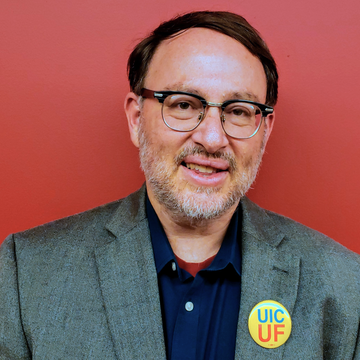Rutherford B. Hayes: Life After the Presidency
His one-term pledge in 1876 may not have been a wise political decision, but Hayes and Lucy had no regrets. Four years in the eye of the storm had been sufficient for them both. Alexander Stephens, the former vice president of the Confederacy, spoke for many when he said he had never seen a President leave power "so well spoken of."
In contemplating retirement, Hayes determined that he would "promote the welfare and the happiness of his family, his town, his State, and his country." Hayes remained in many ways an egalitarian and continued his support of social causes he had already embraced. His major emphasis was on universal tax-supported public education. He believed that the American government could be no better than its people and that education would improve the nation morally and materially. He labored constantly to improve the educational opportunities for students from grade school to graduate school. He was the major dispenser of two educational funds to improve the education of southern blacks and whites, and even though he did not believe in “social equality” between whites and blacks, he fought for federal subsidies for children of all races in poor school districts. He believed that education would improve the economic status of the poor, would enlighten the intolerant, and provide the fair start in life envisioned by Lincoln—and the political equality declared by Jefferson—as part of everyone's birthright.
Closely related to equality and education were Hayes's interests in prison reform and reducing crime. As governor and President, he was generous with pardons; in retirement, he opposed the death penalty. He had faith that criminals could be reformed through education, believing that crime was the product of poverty and desperation and could be reduced by a more equal distribution of wealth.
Indeed, in the last decade of his life, he believed that the gap between rich industrial "kings" and laborers was the greatest problem facing the United States. He therefore favored the federal regulation of industry, industrial education—so that the rich would know what it meant to toil for a living—and confiscatory inheritance taxes to equalize wealth. He recognized social Darwinism for what it was. Unregulated competition, he believed, resulted not in the survival of the fittest but in the triumph of the most predatory corporations. He worried deeply about “a government of corporations, by corporations, and for corporations.” Ultimately, no President other than Jimmy Carter has had a more productive retirement.
Hayes worked steadily for his causes but also enjoyed his beautiful Speigel Grove estate. Still, he felt "the soul" had left that delightful land when, in June 1889, Lucy died of a stroke. Hayes's only daughter, Fanny—named after his beloved sister—became the former President's companion, both at home and on his frequent travels. She remembered her father never traveling without several pictures of Lucy, which he would place about his hotel room or ship cabin. Hayes died of heart disease on January 17, 1893. A long funeral procession wound through the snowy Ohio countryside, led by President-elect Grover Cleveland and then Ohio governor William McKinley.
